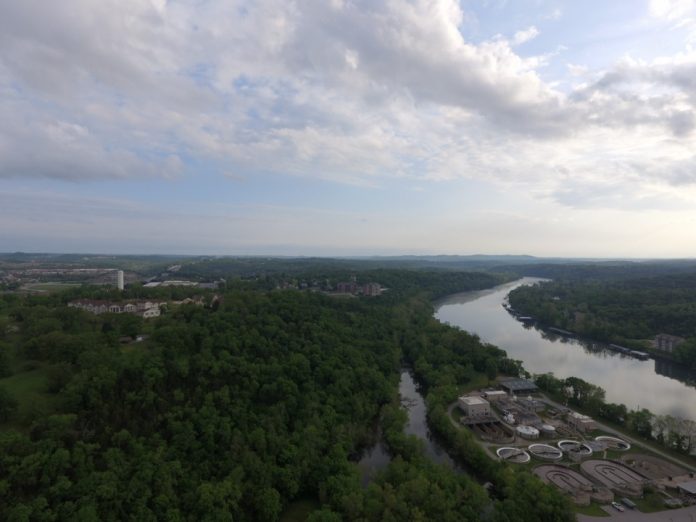LENEXA, KAN. (JAN. 23, 2023) – The U.S. Environmental Protection Agency (EPA) released Effluent Guidelines Program Plan 15 (Plan 15), which lays out how the Agency will work to protect the nation’s waterways by following the science and the Clean Water Act to develop technology-based pollution limits and studies on wastewater discharges from industrial sources.
This Plan focuses on evaluating the extent and nature of both nutrient and per- and polyfluoroalkyl substances (PFAS) discharges. Plan 15 further advances EPA’s commitment in the PFAS Strategic Roadmap to restrict PFAS discharges from industrial sources through a multi-faceted Effluent Limitations Guidelines program.
“For 50 years, EPA has implemented the Clean Water Act to protect our nation’s waters that are essential to healthy communities. This Effluent Guidelines Program Plan represents a critical next step to tackle pollutants like PFAS and nutrients at the source, before they can harm our health and the environment,” said Assistant Administrator for Water Radhika Fox. “With this action, EPA continues to demonstrate our commitment to using the best available data and treatment technologies to reduce harmful industrial pollutants.”
Plan 15 announces EPA’s determination that revised effluent limitations guidelines and pretreatment standards (ELGs) are warranted for reducing PFAS in leachate discharges from landfills. The Agency made this decision after concluding a detailed study that was discussed in Preliminary Effluent Guidelines Program Plan 15.
The Agency is also announcing several new and expanded studies as part of today’s action, including:
• an expansion of the ongoing study of PFAS discharges from textile manufacturers;
• a new study of publicly owned treatment works (POTW) influents to characterize the PFAS concentrations from industrial dischargers to POTWs and inform implementation of pretreatment programs to address them; and
• a new study on concentrated animal feeding operations (CAFOs) to make an informed, reasoned decision on whether to undertake rulemaking to revise the ELGs for CAFOs.
Background
ELGs are national, technology-based regulations developed to control industrial wastewater discharges to surface waters and into POTWs. ELGs are intended to represent the greatest pollutant reductions through technology that are economically achievable for an industry. EPA prepares ELG Program Plans after public review and comment on a preliminary plan, pursuant to Clean Water Act (CWA) section 304(m). ELG plans provide a description of the Agency’s annual review of ELGs and pretreatment standards, consistent with the CWA. Based on these reviews, EPA develops plans to identify any new or existing industrial categories selected for ELG or pretreatment standards rulemakings and to provide a schedule for such rulemakings. In addition, ELG plans present any new or existing categories of industry selected for further review and analysis.






